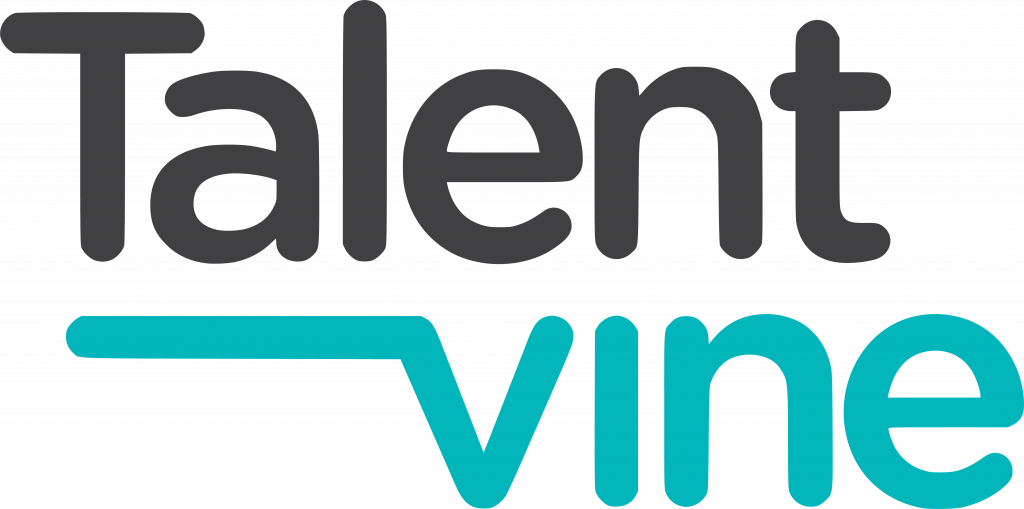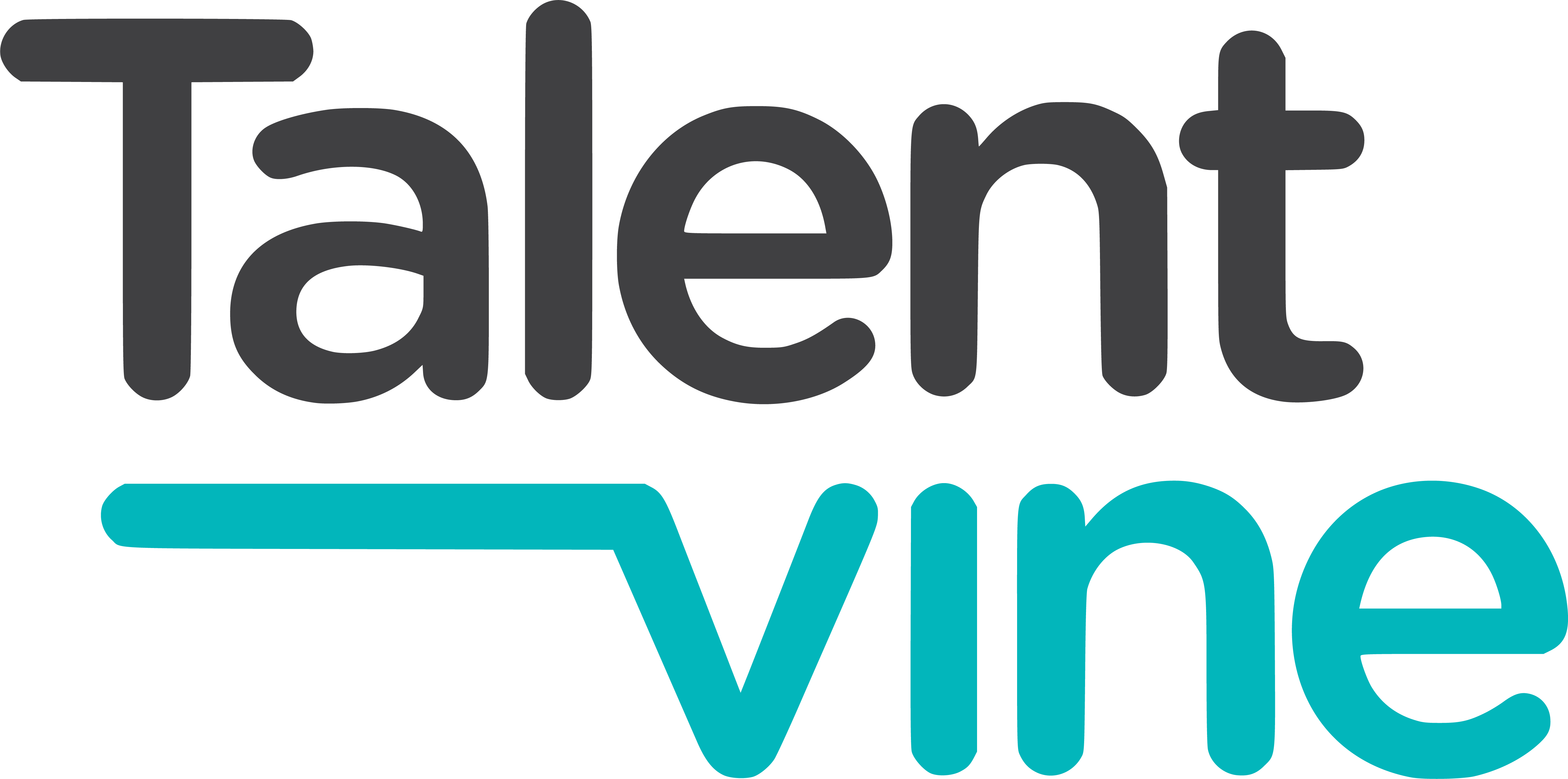HR managers have a tough job and a lot to think about. They can be responsible for department planning, organising, leading, controlling and hiring. And that’s before including the myriad of fires fought on a daily basis.
Hiring the right people is one of the most important parts of a successful business. It’s a simple equation, the right people = the right results. But often not enough attention is given to arming those involved in the process with the right knowledge to run this process smoothly. This affects their ability to bring the right talent into the business at the right time.
One aspect of this is providing the right training to those responsible. The people in charge of sourcing, screening and interviewing. And these missed opportunities can be a costly problem for any company.
As well as just interview skills training, here are five things that hiring managers should know and be trained on before they begin making any hiring decisions:
The cost and impact of hiring decisions
Hiring an employee is not cheap. Hiring the wrong employee is worse and it can have large negative effects on the business. It’s important for managers to understand the costs and the impacts on the business associated with making a hire so that they don’t just rush to get any bum on a seat asap. It’s useful to show your managers what the Cost Per Hire (CPH) is. To discuss what this cost translates into in terms of equipment, pay increases, bonuses etc. This will help them understand these impacts and influence how they approach hiring decisions.
Their role in the hiring process
In some organisations, responsibilities for different parts of the hiring process are shared around the team. Splitting the tasks of employer branding, sourcing, screening and interviewing opens up the risk of miscommunication and alignment. It’s important that each team member not only knows and understands their role, but that they understand how this fits into the bigger picture. Keeping all the parts on the same page can be difficult, but it will lead to an efficient hiring process. In turn, providing the best quality candidates to the organisation.
Reviewing the job description
Often, companies have two job descriptions. The one written down for legal purpose, and the one talked about to excite potential candidates about joining the company. Hiring managers need to ensure that the job they communicate to candidates aligns with the description that HR provides. Getting this wrong can lead to a nasty surprise when your new hire starts their first day to realise that the job isn’t what they expected as this is one of the major causes of staff turnover. The real cost of recruitment is not upfront recruitment fees, it is getting the wrong hire on board and dealing with the disruption that this brings to you and your team.
Understanding the law
An obvious but highly important note. Hiring managers need to understand what’s legal to discuss and what isn’t. As well as this, a recap over what’s illegal when it comes to bias and such could serve as a useful reminder to new hires. Accusations of illegal hiring practices can be a damaging blow to your employer brand and your ability to attract future talent. You’d be surprised how often we see job descriptions that say a position would suit someone ‘young and energetic’ or ‘this would be a great role for a guy that has experience in X’.
How to evaluate a candidate
Being able to evaluate a candidate is one of the most important aspect of hiring.
With most of the time spent on sourcing and interviews, focus is shifted from evaluating candidates and making objective observations about their skills and qualifications. This is a crucial skill, as decisions made through unconscious bias are prevalent in those without training. Again, bias training will help teach these skills.
If a company does not implement a solid hiring process, this will result in the right candidates joining the business. This will affect most other aspects of not only the business but also the individual manager’s jobs and responsibilities. Therefore, it’s important organisations understand this and equip hiring managers with the tools and resources needed to implement a process and train the hiring managers to make positive hiring decisions.








